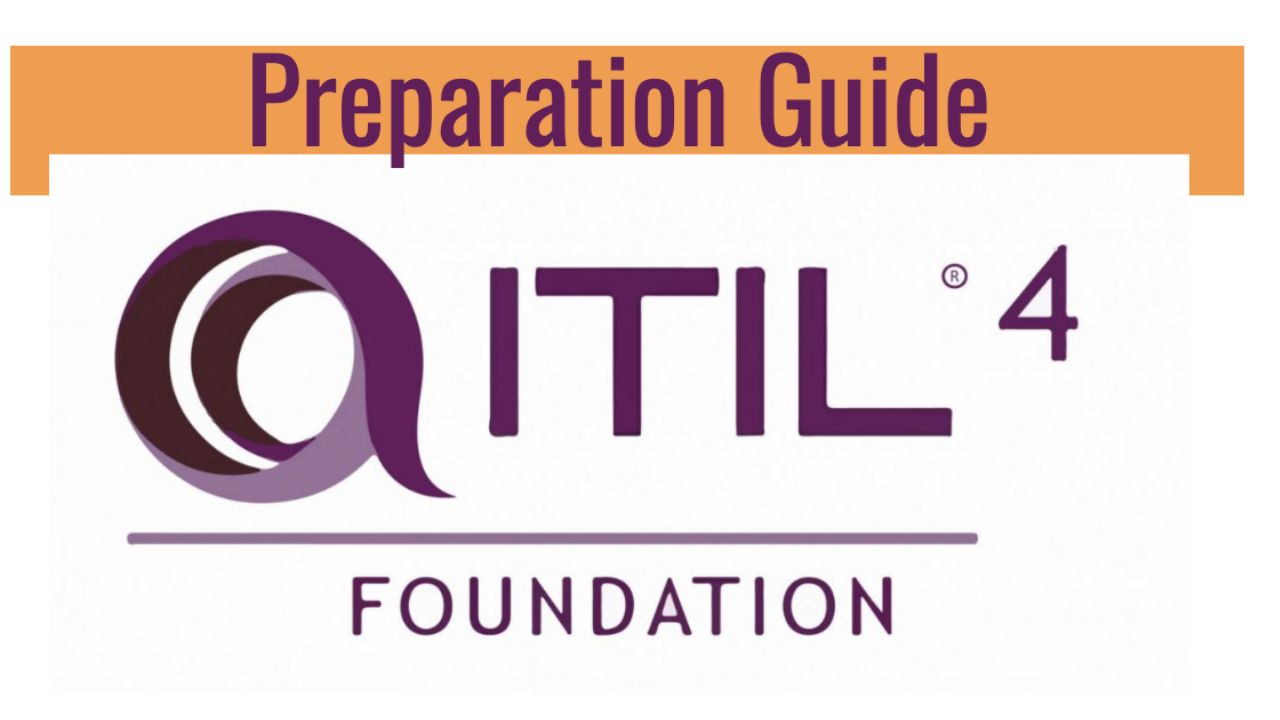Download "God's Purpose For You" eBook

In a world often marked by uncertainty and a relentless pursuit of fleeting pleasures, the question of life's ultimate meaning echoes in the hearts of many.
God’s Purpose For You: Discovering Why You Were Born offers a profound exploration of this fundamental inquiry, inviting readers on a transformative journey to uncover their divine destiny.
This concise yet comprehensive 56-page eBook is a beacon of hope for those seeking answers to life’s most perplexing questions.













